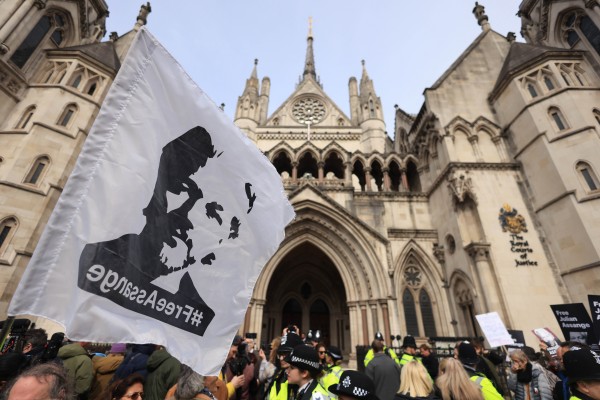The International Press Institute (IPI) joins calls on the British home secretary, Priti Patel, to block the extradition of Julian Assange after a judge approved his extradition on April 19.
The decision of the court was inevitable after the UK Supreme Court refused to hear an appeal against his extradition in March. Assange has been charged by the U.S. government under the Espionage Act in connection with WikiLeaks’s publication of secret U.S. government documents in 2010.
IPI believes that the extradition of Julian Assange under the U.S. Espionage Act sets a dangerous precedent that undermines press freedom and threatens media and journalists who use leaked information to expose war crimes. The case has the potential to cast a chilling effect over national security reporting in the U.S. and around the world.
The 1917 Espionage Act criminalizes the disclosure of classified information. While U.S. Supreme Court rulings, including the 1971 New York Times v. United States decision, have strengthened protections for journalists in such cases, the U.S. Justice Department has defended its targeting of Assange by saying that he is not a journalist, insisting “it never has been the Department’s policy to target [journalists] for reporting”. Nevertheless, IPI believes that this opens the door for the U.S. to charge or extradite journalists around the world for publishing classified U.S. government information regardless of the public interest.
Assange faces up to 175 years in jail if convicted on all 17 charges.



